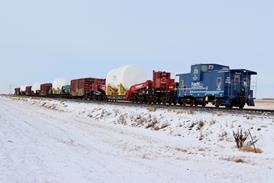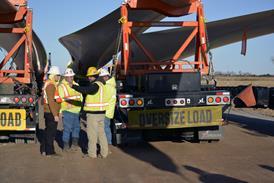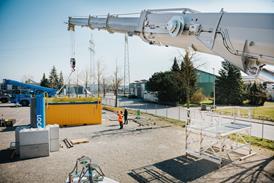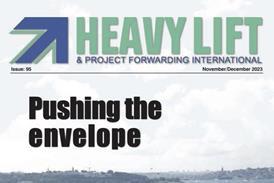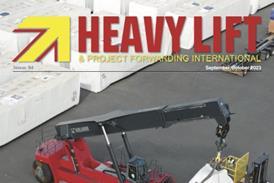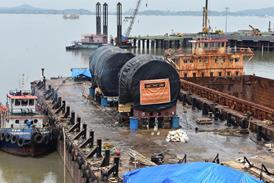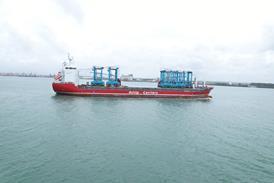September 26 - The International Civil Aviation Organization (ICAO) kicked-off its 38th Assembly earlier this week with a press conference outlining the future of the air cargo supply chain.
Secretary general of ICAO, Raymond Benjamin, and World Customs Organization (WCO) secretary general Kunio Mikuriya, used the forum to highlight their ongoing efforts to streamline and strengthen air cargo supply chain security, given the importance of the issue to several endorsements that ICAO will be looking for from its member states during the assembly.
Also present at the conference was Boubacar Djibo, director of the ICAO Air Transport Bureau, as well as Oliver Evans, chairman of the board for The International Air Cargo Association (TIACA), who provided his views on the air cargo industry's current developments and future planning.
More than 1,400 delegates will attend the 38th Assembly over the next two weeks to discuss a range of critical global issues, many of which relate to how countries will manage the projected doubling of air transport traffic by 2030.
International partnerships to support air cargo supply chain technical assistance and co-operation - particularly in the developing world and high-risk areas - is seen to be an important issue as global stakeholders seek to address supply chain vulnerabilities and improve trade facilitatation. As the United Nation's agency for civil aviation, ICAO has stressed that aviation carries approximately 35 percent of global cargo in terms of value, equating to USD6 trillion worth of goods each year. Therefore developing trade and cargo capacity in emerging regions remains a global priority.
"Implementing sustainable aviation security is a key priority for ICAO today. This implies innovative security solutions that serve to maintain or strengthen existing procedures, minimise checkpoints and delays, and remain affordable for states and aviation operators," said Benjamin. "ICAO has begun working more closely with the WCO and industry in this area because we've recognised that focusing only on the aviation leg of a given shipment is no longer enough. To fully support the shipping community and ensure optimised cargo connectivity for our customers, all of the players along the cargo supply chain have to work together."
"For industry the key issue is always speed and reliability," stressed TIACA's Evans. "Global trade in the 21st century increasingly relies on the fastest possible transport times, and our customers rely heavily on all participants of the supply chain to get agricultural produce or other time-sensitive cargo to distant markets quickly and securely. TIACA is encouraged to see ICAO and the WCO working more closely with each other and with industry on these issues."
|
Oliver Evans |

